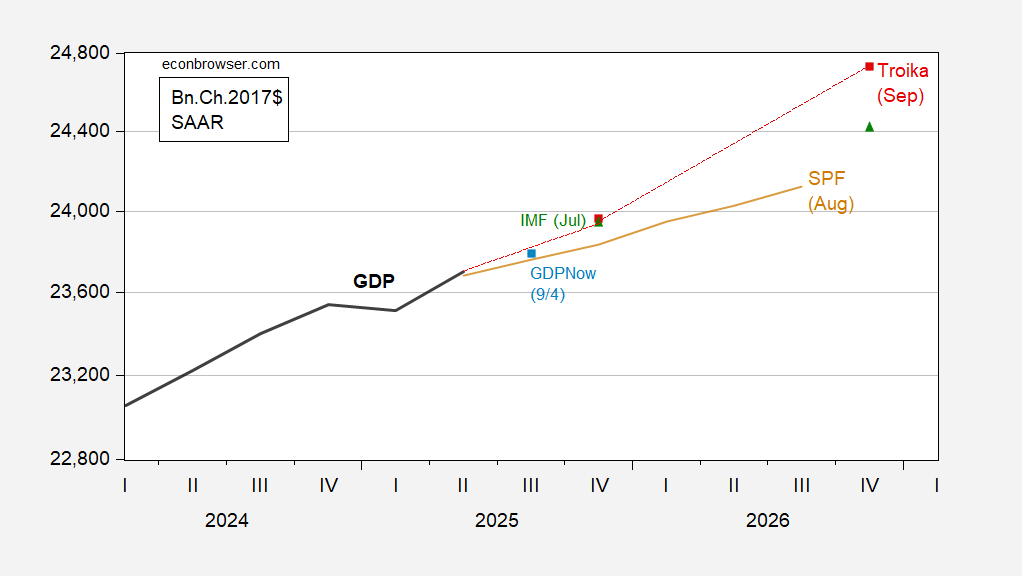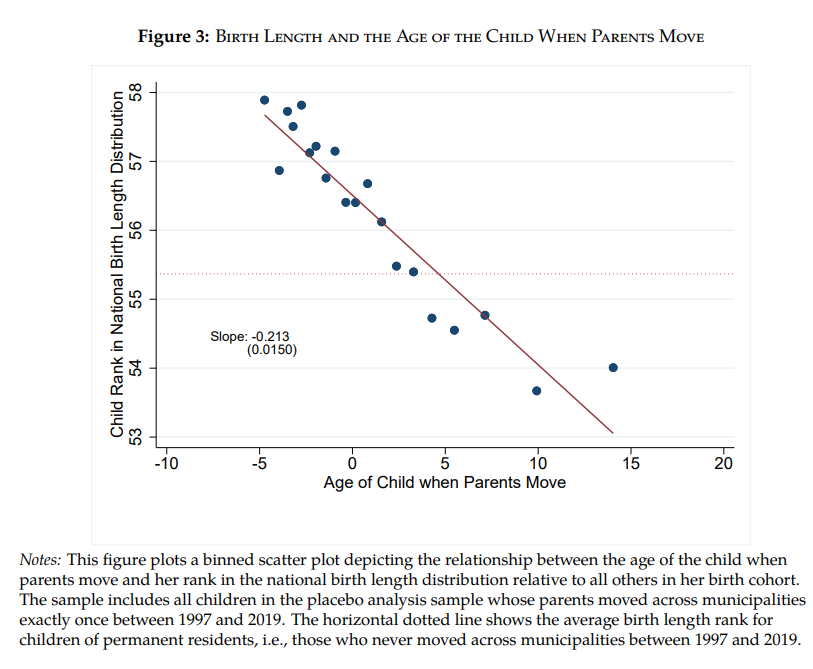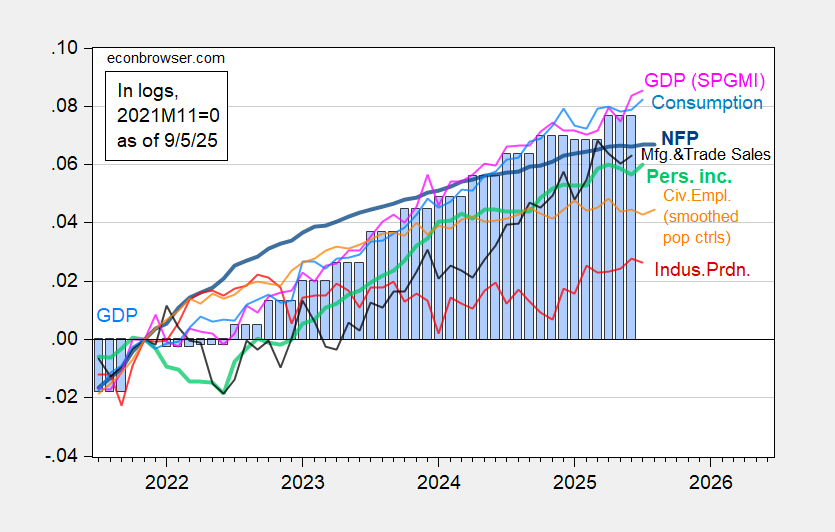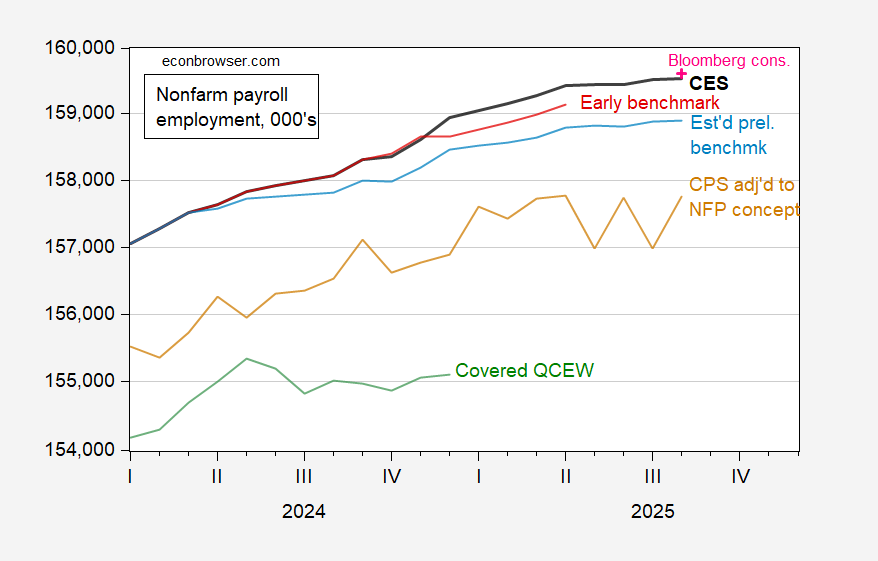
1301. Episode 59. Cass Sunstein on Nudges, Behavioral Economics, Law, and Liberalism
A discussion on behavioral economics, nudges, legal frameworks, and their implications for liberalism and public policy as explored through the work of a prominent legal scholar.














